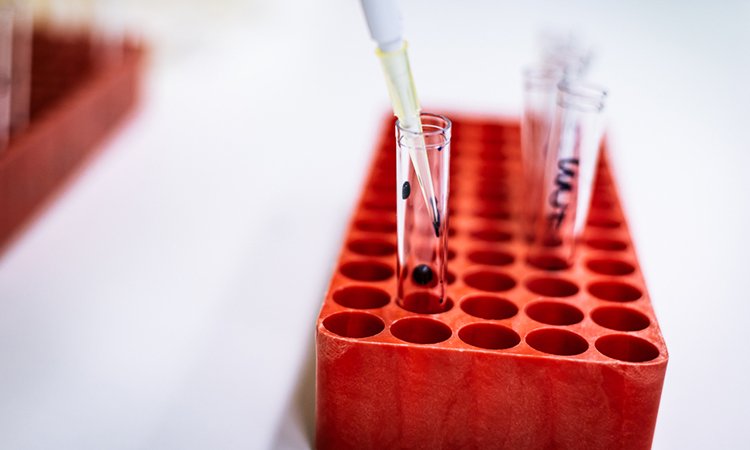Assay to reveal anti-tumour T-cell cytotoxicity via flow cytometry developed
Posted: 20 October 2020 | Victoria Rees (Drug Target Review) | No comments yet
A simple co-culture assay that can assess anti-tumour T-cell cytotoxicity via luminescence and flow cytometry has been created.


Researchers have developed a simple co-culture assay that can be used with to assess anti-tumour CD8+ T-cell cytotoxicity via luminescence and multicolour flow cytometry. The team highlight that the assay is reproducible in any lab.
The study was conducted by researchers at Maastricht University, the Netherlands.
According to the researchers, T-cell immunotherapies have shown great promise in patients with advanced cancer disease. They say that T-cell cytotoxicity is crucial for the efficacy of immunotherapy, so therefore developing ex vivo methods to test tumour and T-cell interactions is crucial. They note that although increasing efforts have been made in developing co-culture assays that aim to mimic the tumour microenvironment (TME), its complexity makes it difficult to develop the ideal model.
For their culture, the team used cell suspensions of whole spleens and tumours containing splenic or tumour-infiltrating effector T cells of mice bearing Lewis lung carcinoma (LLC) or CT26 colon carcinoma tumours treated with radiation alone or in combination with immunotherapies. The LLC and CT26 cell lines transduced with the firefly luciferase gene were used as target cells.
The researchers demonstrated that splenocytes and tumour-infiltrating T cells derived from mice treated with combination therapy were able to kill approximately 50 percent of target cells after 48 hours of co-culture. This effect was tumour cell-specific and dependent on CD8+ T cells evidenced by in vitro CD8+ T cell depletion.
Next, the team used flow cytometry to demonstrate the increased expression of CD107a and production of granzyme B, IFNγ and TNFα by CD8+ T cells. According to the team, detection by flow cytometry is currently the standard in most mechanistic studies.
The team say that their co-culture assay is therefore suitable as proof-of-principle for in vivo therapeutic studies testing immunotherapies and specifically to assess the involvement of cytotoxic CD8+ T cells in treatment response in LLC and CT26 tumour models. They also propose this assay as an ex vivo platform for high-throughput screening of immunomodulating agents to be tested in these two murine tumour models. Furthermore, the researchers say the assay can be adapted to other tumour models after optimisations.
The results of the study were published in the Journal of Immunological Methods.
Related topics
Assays, cytotoxicity, Cytotoxicity assays, Drug Development, Flow Cytometry
Related organisations
Maastricht University


